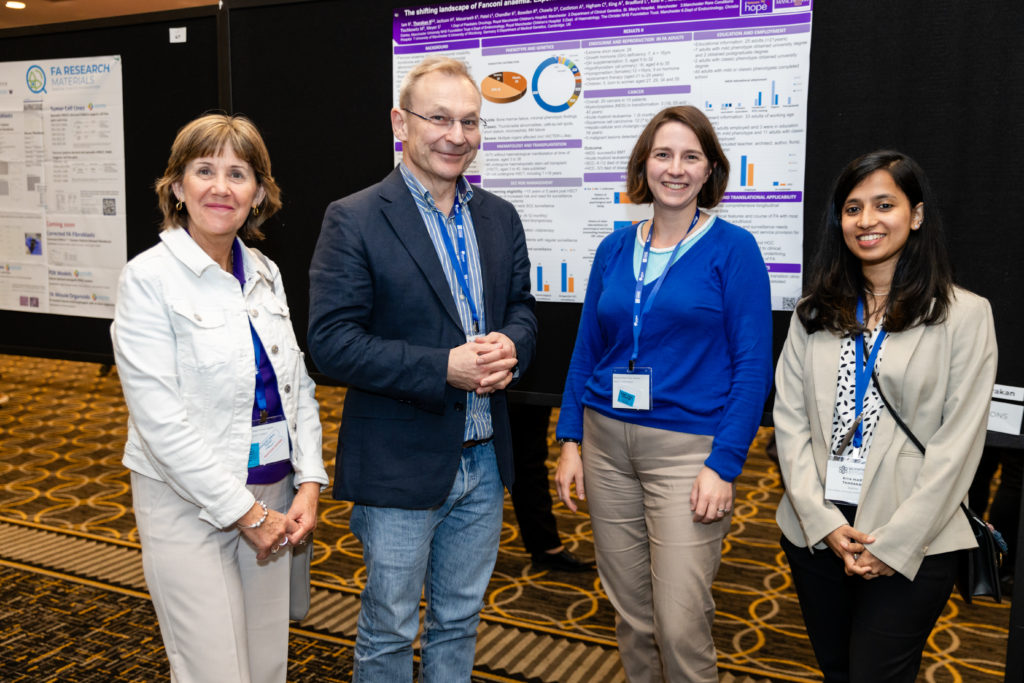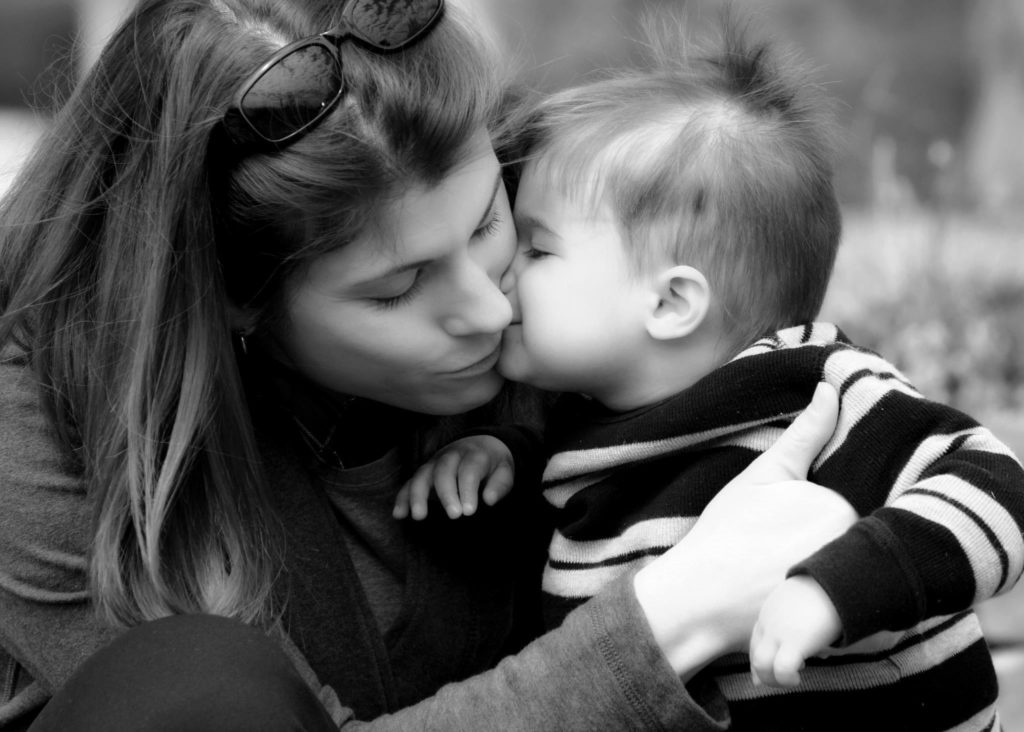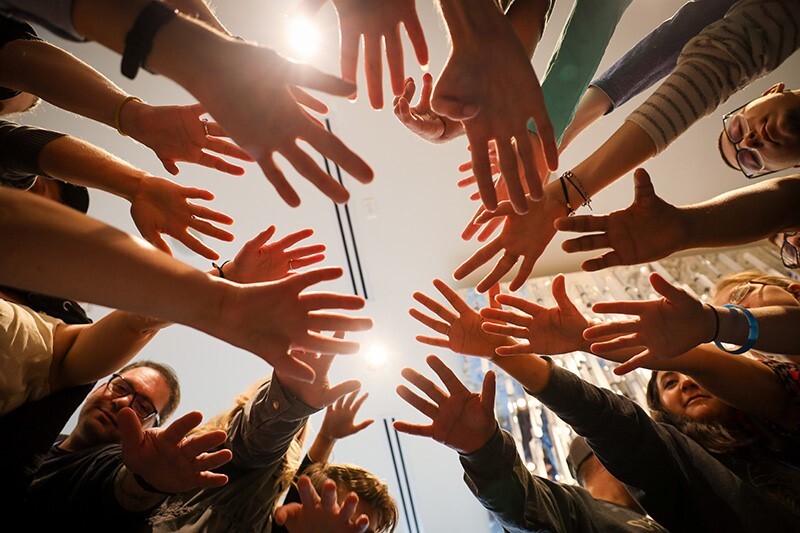By Sarah Borden
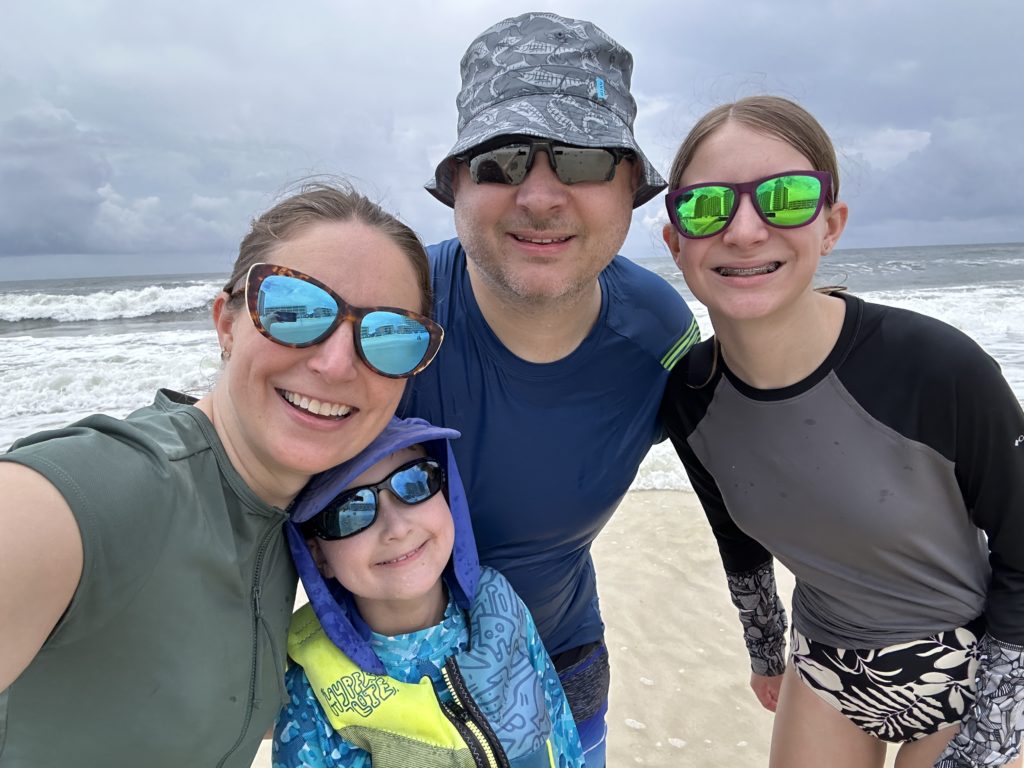
Our lives changed forever the day we learned our son Eli was diagnosed with Fanconi anemia. Just days earlier, we had celebrated his fourth birthday with family and friends, blissfully unaware of the journey ahead. When faced with this devastating diagnosis, we were overwhelmed by fear, uncertainty, and the lack of available information and support.
In our search for hope and greater understanding, we found the Fanconi Cancer Foundation (FCF), and with it, an invaluable community of families, doctors, and researchers. Our first FAmily Meeting at Camp Sunshine in Casco, Maine, was transformative—a lifeline of knowledge, support, and friendship that helped us navigate FA with determination and hope.
The Challenges of Caregiving
As a caregiver, it’s easy to feel powerless when managing a disease like FA. The endless waiting and the unknowns of the future weigh heavily on your heart. Watching your child endure grueling treatments—the chemotherapy with its harsh side effects, the struggles at school, the battle against constant fatigue and appetite loss—can make you feel like everything is out of your control.
Yet, even though I can’t change the diagnosis, there is immense power in deciding how to respond. Loving my son unconditionally has always been my greatest role as his caregiver, but I wanted to do more—to make a bigger impact and create meaningful change. I needed to fight for him. That’s why I became an advocate for FCF.
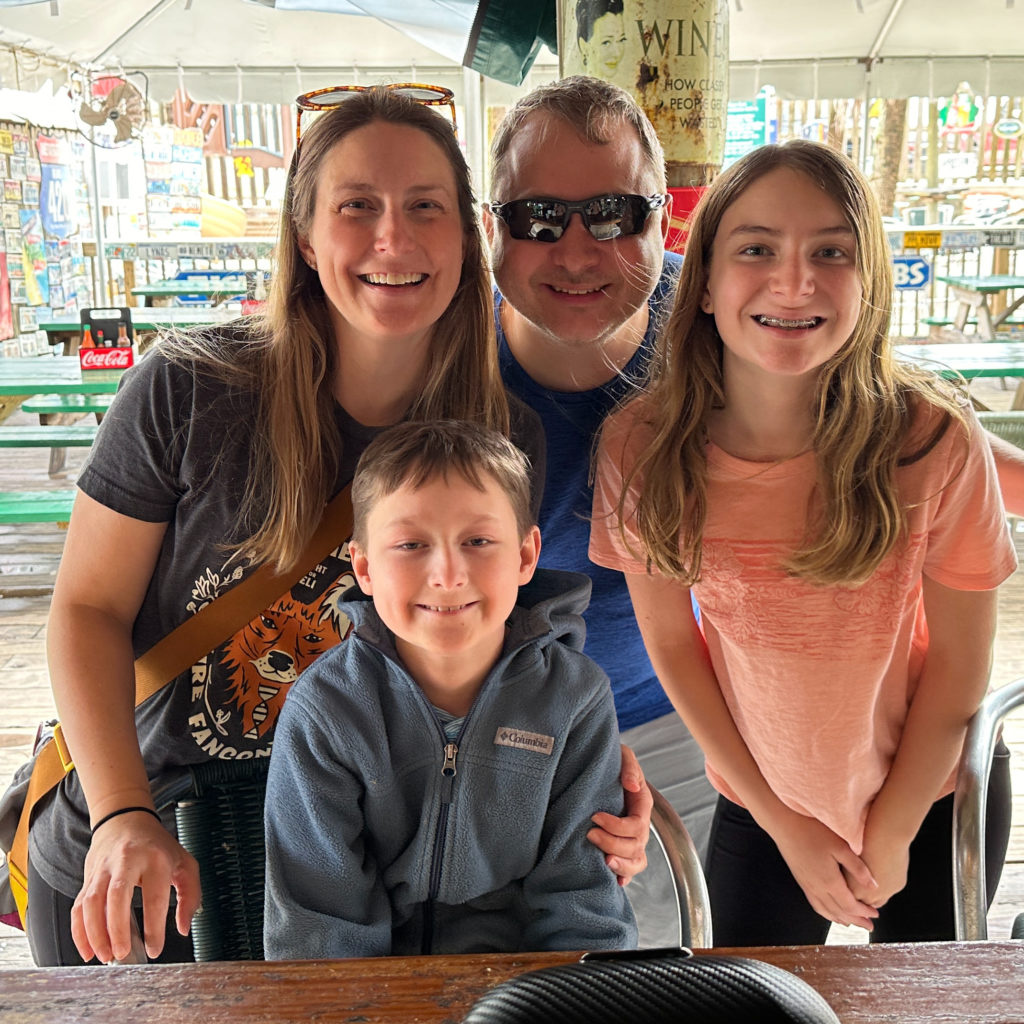
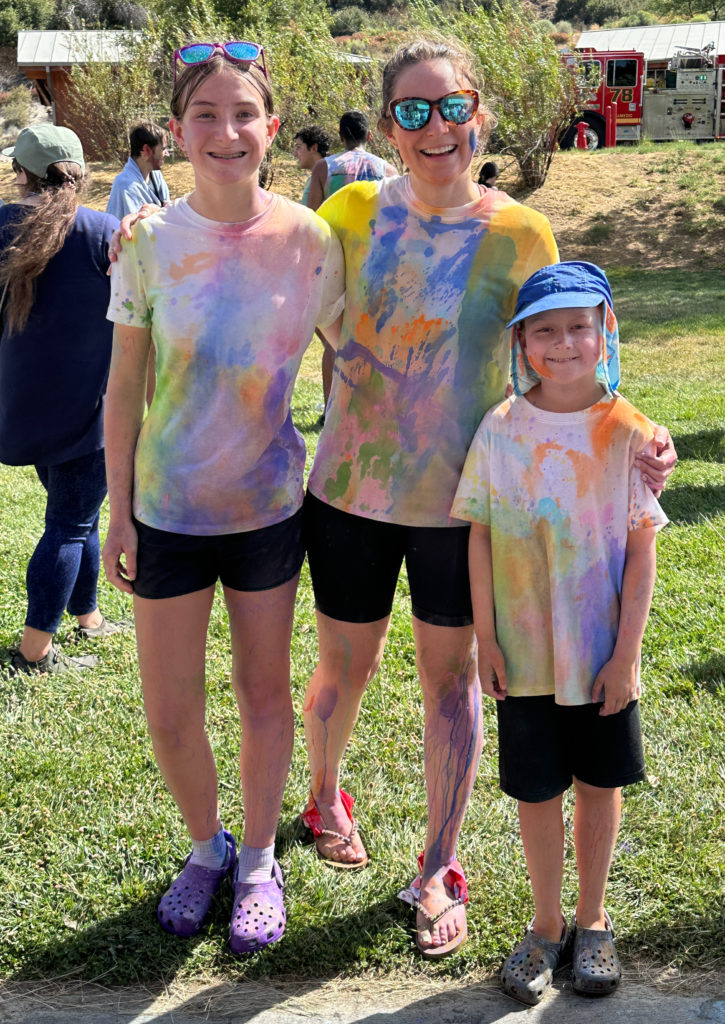
Becoming an Advocate
FCF’s Advocacy Program allows me to help others understand the profound challenges of FA from both the patient and caregiver perspective. I’ve collaborated with researchers and doctors in clinical trial programs, ensuring that family voices are at the center of critical decisions. I’ve worked with companies developing treatments for FA, guiding them in crafting communications that speak directly to caregivers.
Being part of the advocacy program is deeply meaningful and rewarding. Every time I share our story with scientists, clinicians, and industry leaders, I hope it makes their work more personal and impactful. My dream is that these collaborations lead to better outcomes for FA patients and more support for the caregivers who love them unconditionally.
Beyond advocacy, I’ve found purpose in fundraising for FCF. Over the years, FCF has empowered me to raise funds for research and, ultimately, a cure. We started with small events—an ice cream social, a dunk tank fundraiser, a pie-throwing contest at my workplace, a penny war at Eli’s elementary school. And while none of these were extravagant, they each made a difference. Every single dollar raised is a step toward hope, not just for Eli, but for every family affected by FA.
My daughter, Chloe, and I also participate in the Postmarked for Love program, creating heartfelt cards to spread joy, encouragement, and love to others in the FA community. These small acts remind me that connection and kindness can shine even in the darkest times.
The Power of the FA Community
The FA community is incredibly special, and I am endlessly grateful to FCF for fostering such a compassionate and collaborative space. In a world where rare diseases often feel isolating, FCF brings us together. This foundation is not just about research—it’s about people, about FAmilies, about hope.
To those who support FCF, whether through donations, research, advocacy, or simply showing up for families like mine, thank you. Your generosity fuels groundbreaking research, provides critical education, and creates a network of strength for families facing FA. Because of you, we can believe in a brighter future for our children. And for that, I am forever grateful.


